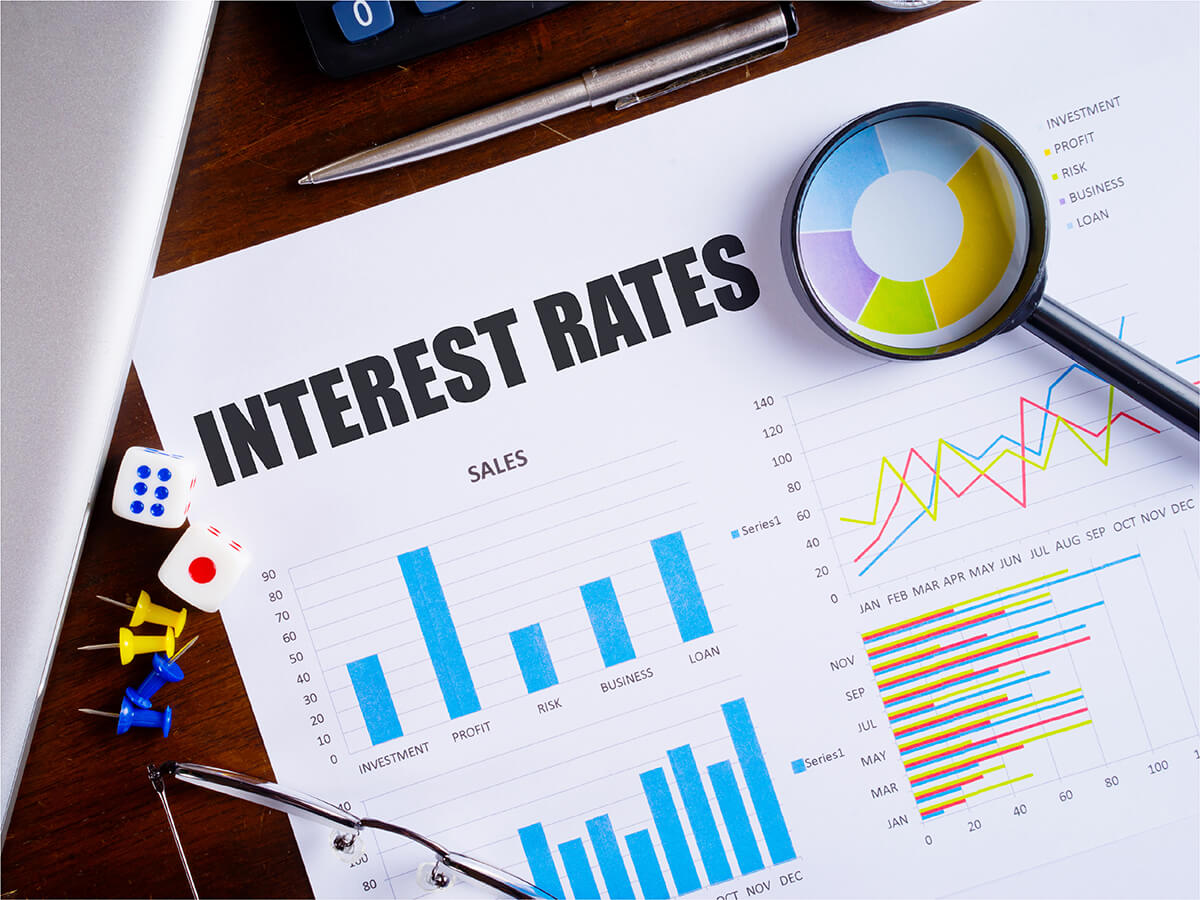
Securing a business loan in India might seem like just another financial hurdle to cross, but in reality, it’s a pivotal step that could shape the trajectory of your business. Whether you’re eyeing an online business loan to handle your daily operations or looking for an instant business loan to seize a fleeting opportunity, understanding how lenders determine your interest rate is more than just a numbers game—it’s about strategy.
Let’s explore the seven factors that determine your business loan interest rate so you can make a more informed decision and secure the best possible deal.
1. Credit Score: The Foundation of Your Loan Offer
A good credit score isn’t just for individual borrowers. In the business world, your credit score – as well as that of your business – plays a vital role in determining the interest rate you’re offered. The higher your credit score, the better your chances of securing a loan with a favourable interest rate.
Lenders use the credit score to gauge your past behaviour and predict your future repayment capacity. A score above 750 is considered excellent and can help you secure the lowest rates available. However, if your score is on the lower end of the spectrum, you may face higher rates or struggle to secure financing altogether.
2. Loan Amount and Tenure: The Bigger the Loan, the Higher the Risk
When it comes to the size and tenure of the loan, the general rule is the larger the loan and the longer the repayment period, the higher the interest rate. Larger loans and extended repayment periods present more risk for the lender.
- Loan Amount: Borrowing a higher amount often leads to a higher interest rate as the lender assumes more risk.
- Tenure: A longer tenure might reduce your monthly payments, but it could also lead to higher interest payments over the life of the loan.
If you want to reduce your interest burden, consider borrowing a smaller amount or opting for a shorter tenure. in some cases, however, lenders offer preferential rates for higher amounts to low-risk borrowers with strong financials.
3. Financial Health of Your Business: Proof of Stability
Lenders will closely examine your business’s financial statements, including balance sheets and income statements, to assess your ability to repay the loan. The healthier your business’s finances, the better the interest rate you’ll likely receive. Lenders will look at the following:
- Profitability: A consistently profitable business is less risky for lenders.
- Cash Flow: Strong, stable cash flow demonstrates that your business can handle debt repayment.
- Debt-to-Income Ratio: A low debt-to-income ratio indicates that your business isn’t overburdened by debt.
A solid financial track record will put you in a strong position to secure a better interest rate, even for an instant business loan when time is of the essence.
4. Collateral: Securing the Loan with Assets
Offering collateral can reduce the risk for lenders, which can lead to lower interest rates. Collateral could be anything from property and machinery to business inventory. If you default, the lender can claim these assets to recover the loan amount.
- Secured Loans: Collateral-backed loans usually come with more favourable rates because the lender’s risk is mitigated.
- Unsecured Loans: Without collateral, lenders will charge higher rates to offset the risk involved.
If you’re applying for an online business loan, you might be offered an unsecured loan, which typically carries a higher interest rate. Not all online business loans are unsecured. Some fintech platforms offer secured loans with lower rates.
5. Industry Type: The Sector Risk Factor
The industry in which your business operates significantly influences the interest rate you’re offered. High-risk sectors like tech startups, retail, or entertainment often face higher interest rates due to their inherent volatility and unpredictability. Lenders view these industries as riskier, increasing the cost of borrowing. On the other hand, businesses operating in stable and established sectors such as healthcare, manufacturing, or education are typically seen as lower risk, making it easier for them to secure loans at competitive rates. If your business falls into a high-risk category, it might be challenging to negotiate a lower interest rate, but partnering with lenders who specialize in your industry could improve your chances of securing favourable terms.
6. Type of Loan: The Loan Structure Matters
The type of loan you apply for can also affect the interest rate. Lenders offer various loan products, each with different structures and terms. Here’s how the type of loan can impact your rate:
- Term Loans: These loans come with a fixed interest rate and longer repayment periods. They are typically used for long-term investments.
- Working Capital Loans: These loans are used for short-term business expenses and often carry a higher rate due to their short-term nature.
- Overdraft Facilities: Overdraft loans offer flexibility, but interest rates tend to be higher due to the higher risk involved.
While some loans, like instant business loans, are attractive for their fast processing, they often come with slightly higher rates to offset their unsecured nature and quick approval.
7. Relationship with the Lender: Trust Pays Off
The strength of your relationship with the lender can play a pivotal role in determining the interest rate you receive. Lenders are more inclined to offer favourable terms to businesses they trust and have an established history with. If you have been a loyal customer, maintained a healthy repayment record, or consistently engaged with the same lender for your banking needs, you are likely to be seen as a lower-risk borrower. For new customers, however, lenders may charge a higher rate to compensate for the lack of familiarity and trust. Building a strong rapport with your lender not only helps you negotiate better interest rates but also lays the groundwork for smoother financing in the future.
Conclusion
Plan ahead to secure the best loan terms. Whether you’re considering an online business loan or a traditional loan, careful planning and understanding the factors that influence rates will help you secure the best terms. Research lenders, build a contingency fund for smooth repayments, and consider refinancing when rates drop. Consult financial experts to align loan terms with your business goals and ensure sustainable growth.




